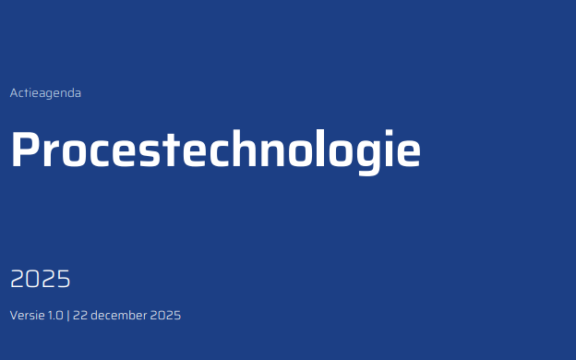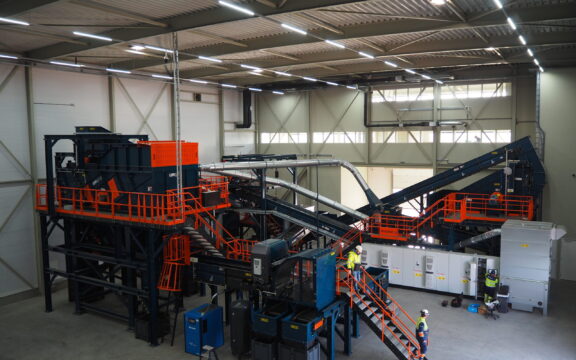
Nationale Technologiestrategie (NTS) Actieagenda Procestechnologie
De Actieagenda Procestechnologie richt zich op het versterken van het Nederlandse verdienvermogen, de strategische relevantie en het realiseren van de klimaat- en milieudoelstellingen door innovatie in procestechnologie.

Pyrolysis of Dutch mixed plastic waste: Lifecycle GHG emissions and carbon recovery efficiency assessment
This study explored the potential of pyrolysis as a novel approach to managing plastic waste and achieving plastic circularity in the Netherlands.

Pyrolysis of Polyolefin-Enriched Mixed Plastic Waste Streams: Effects of Pretreatments and Presence of Hydrogen during Pyrolysis
Pyrolysis is considered a promising method for the chemical recycling of mixed plastic waste streams, yet systematic experimental evaluations of these mixed streams remain limited. Herein, the pyrolysis of a...

Pyrolysis of polyethylene: chemical kinetics, mass transfer, and reflux system
This paper focusses on the interplay between reaction kinetics and mass transfer rates in pyrolysis of polyethylene (PE), and the effect of adding a reflux system to the semibatch reactor...

Losses and emissions in polypropylene recycling from household packaging waste
In this study the LEMPLAR consortium replicated a typical high-quality post-consumer polypropylene (PP) recycling process to investigate its losses and emissions and study potential improvements.

Volatile organic contaminants in HDPE milk bottles along the mechanical recycling value chain, revealing origins and contamination pathways
To progress towards closed-loop recycling of plastic packages, it is vital to understand the origin of contaminants and to develop effective mitigation strategies. High-density polyethylene (HDPE) milk bottles were sampled...

Strategies to enhance the circularity of non-bottle PET packaging waste based on a detailed material characterisation
The circularity of non-bottle PET packaging remains a challenge to improve. This article discusses several ways to enhance the recyclability of various PET tray products.